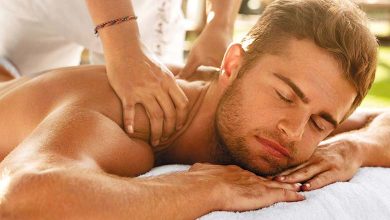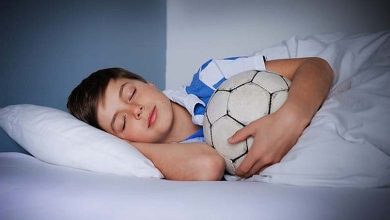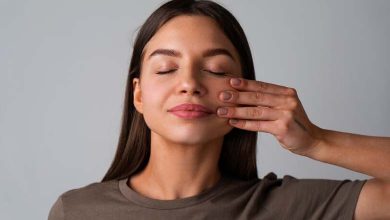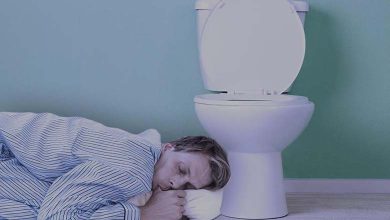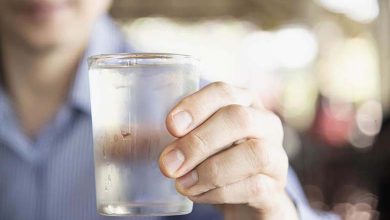This habit could have benefits on the quality of your sleep, according to a study
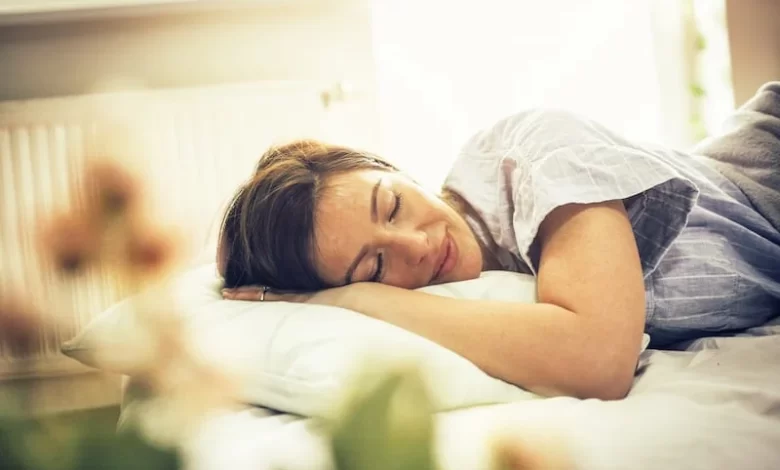
L’World Health Organization (WHO) recommends that adults aged 18 to 64 do at least 150 to 300 minutes of moderate-intensity sport or 75 to 150 minutes of sustained intensity per week to be healthy… But this amount of physical activity could also have benefits on the quality of sleep. Indeed, according to a study published in the journal Mayo Clinic Proceedingspeople who often exercise would need less sleeping pills to sleep.
Doing physical activity would help men more than women to sleep
To achieve this result, the authors analyzed the health data of more than 34,000 adults. “We have observed that people in better physical condition are less likely to take prescription sleeping pills”explains Linda Ernstsen, one of the authors of this study, in a university press release.
About 17% of the participants’ sleep problems became severe enough to warrant a doctor’s prescription for sleeping pills. However, those in better physical condition used fewer prescription drugs. “These results suggest that being physically fit may also help you sleep better“, believes Linda Ernstsen.
The researchers observed that the benefits of physical exercise on sleep were greater in men than in women. Indeed, they were 15% less likely to need medication to sleep. Nevertheless, the authors also recommend physical exercise for women to sleep better.
Avoid physical activity after 5 p.m. for good quality sleep
“Our results support the idea that improving or maintaining physical fitness can be an effective alternative to prevent sleep problems.“, concludes Linda Ernstsen. Thus, the researchers hope that their work will be able to help health professionals to give better advice to their patients and thus reduce the prescription of sleeping pills.
One in three people is affected by a sleep disorder in France, according to National Institute of Health and Medical Research (Inserm). Among them is insomnia. This name includes, in reality, several types of insomnia: occasional or chronic, linked to difficulty falling asleep, nocturnal awakenings or even a feeling of non-restorative sleep. According to health insurancein 2017, 16.9% of women and 9.1% of men suffered from chronic insomnia.
To sleep well, some advice should be followed according to health insurance : do not eat too much in the evening and do not drink alcohol, avoid stimulating drinks, such as coffee or tea, at the end of the day, limit screens after 9.30 p.m., do not take a nap after 4 p.m. and do not exercise after 5 p.m.!


